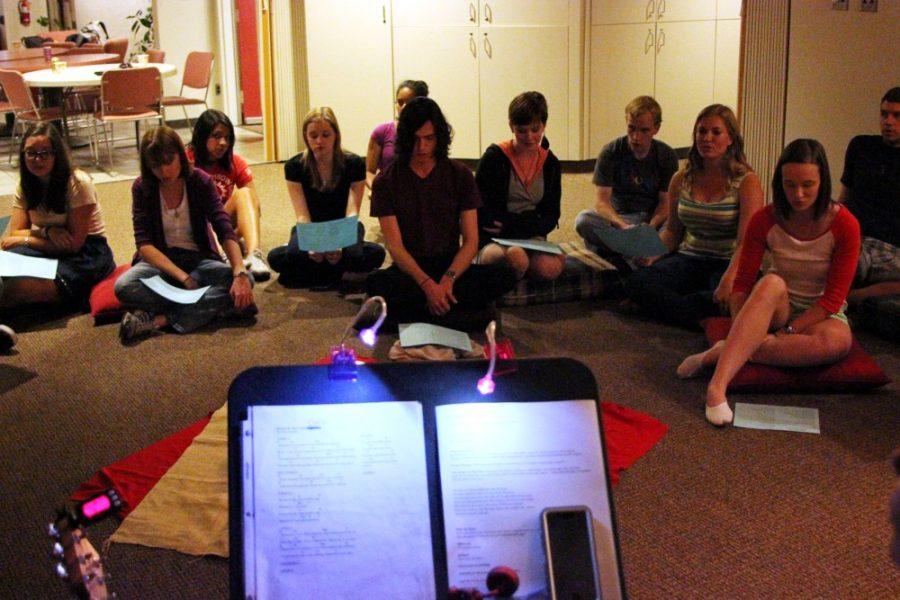The UA is developing a new religious accommodation policy to better reflect existing state and federal laws.
The UA policy, drafted by the Office of Institutional Equity, is currently under an eight-week review process that ends on May 9.
The review period is used as a time for students and UA employees to voice comments or inquiries about the policy to the OIE. This is part of the UA’s formal policy adoption process, and the policy will likely go into effect shortly after the end of the review period.
However, according to Mary Beth Tucker, director of the OIE, in many ways, this is not a new policy. Religious freedom is a civil right protected under the U.S. Constitution and enforced by both federal and state laws. The Arizona Board of Regents, which decides the policies with which all Arizona state universities must comply, had a specific Religious Accommodation policy until 2009, Tucker said.
This policy stated, generally, that no employee or institution under the jurisdiction of the board of regents could discriminate based on religion, and said employees and institutions had to make reasonable accommodation for religious practices. It also included a clause prohibiting retaliation and stated that it was the responsibility of each institution to ensure the policy was being observed.
In 2009, the regents repealed the Religious Accommodation policy, Board Policy 1-110, in favor of a more general nondiscrimination and anti-harassment policy.
The policy regarding Accommodation of Religious Observance and Practice currently listed on the Dean of Students website is the repealed regents’ policy, Tucker said. She added that the policy drafted by the OIE does not change the current standard of Religious Accommodation.
“The university wanted to have a policy statement so that if people weren’t aware of the laws on this topic, there was a university policy that reflects federal and state law,” Tucker said.
One of the goals of the UA policy is to provide OIE as a resource for consultation or information regarding religious accommodation. If a student or employee felt their right to religious accommodation was being violated, the OIE would review the case.
“We wanted to make sure that students and employees had a place to ask questions about the policy if they wanted to avail themselves of the policy or … if they received a request for accommodation,” Tucker said.
Michelle Blumenberg, executive director of the Hillel Foundation and treasurer of the University Religious Council, said that the regents’ policy has worked in the past, and that she thinks the UA policy will work as well.
“It can’t hurt to have more information for the faculty and staff,” Blumenberg said.
She said that under the former policy, students who needed accommodation were advised to first speak to their professor or a faculty member.
If accommodation was not made, students were to speak with the department head, and continue up the chain of command if necessary. However, in Blumenberg’s experience, these steps rarely need to be taken.
“I’d be hard pressed to tell you the last time a student had to go to a department head,” she said. “Generally speaking, the faculty or staff makes the accommodation.”
Rev. James Thompson, associate pastor at St. Thomas More Catholic Newman Center at the University of Arizona, said that the Roman Catholic students he advises have faced very few issues with religious accommodation at the UA in the past. One of the few instances students need accommodations for is Good Friday.
“We always just counsel students to talk to their professors,” Thompson said.









